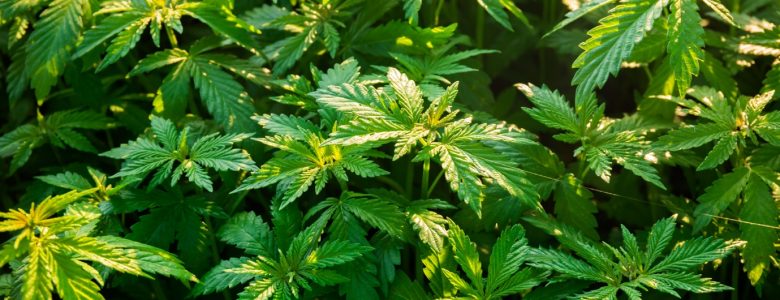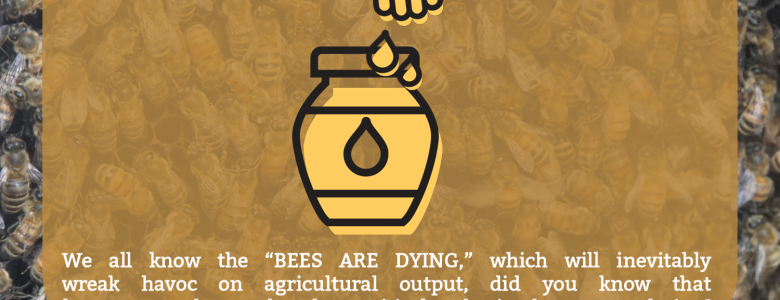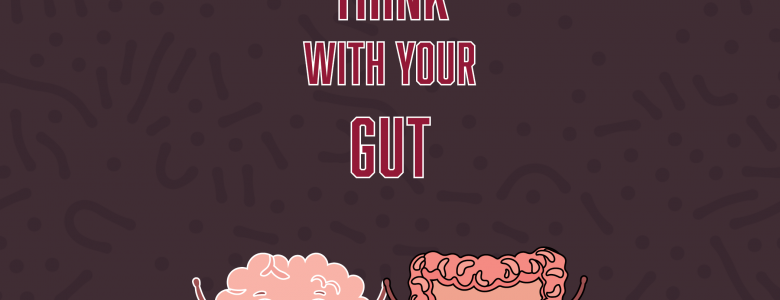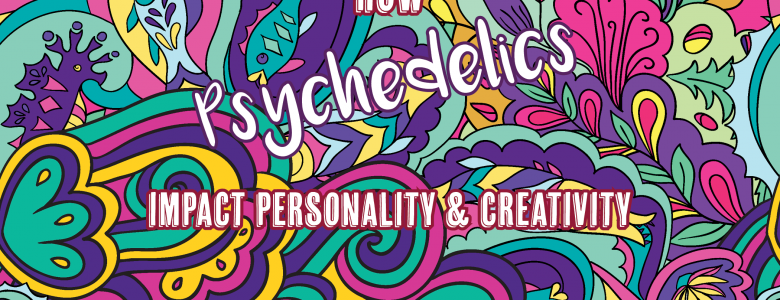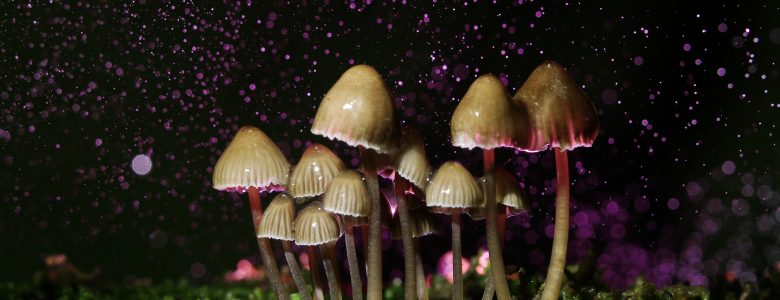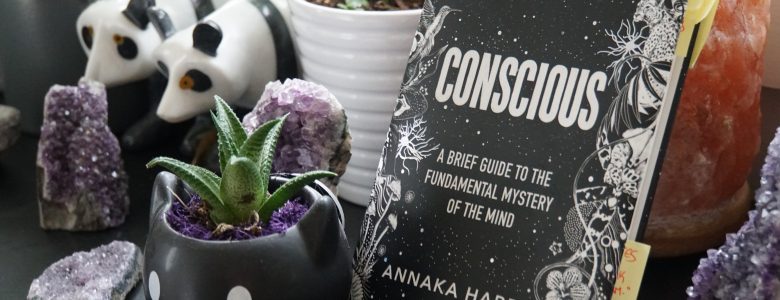May 28, 2021
How Entheogenic Plants & Fungi Affect Memory
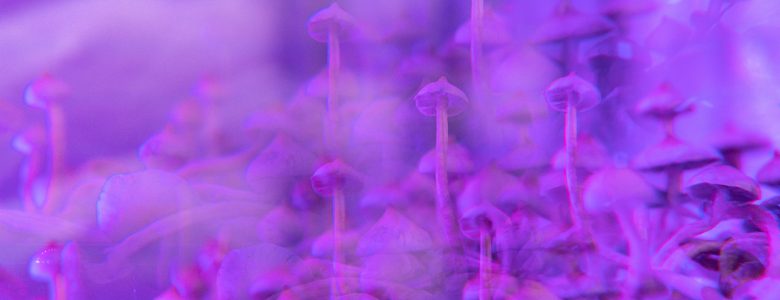
A major area of psychedelic research is its potential clinical applications in psychiatry. In particular, a major area of study has concentrated on the potential therapeutic effects of shrooms, acid, and MDMA for treating post-traumatic stress disorder.
“Memory plays a central role in the psychedelic experience,” begins a 2020 Psychopharmacology review. “The ability for psychedelics to provoke vivid memories has been considered important to their clinical efficacy.”
Throughout their review, the researchers found that psychedelics enhance autobiographical memory recall, which has therapeutic potential for overcoming traumatic experiences. However, psychedelics also have a dose-dependent effect of impairing memory task performance.

